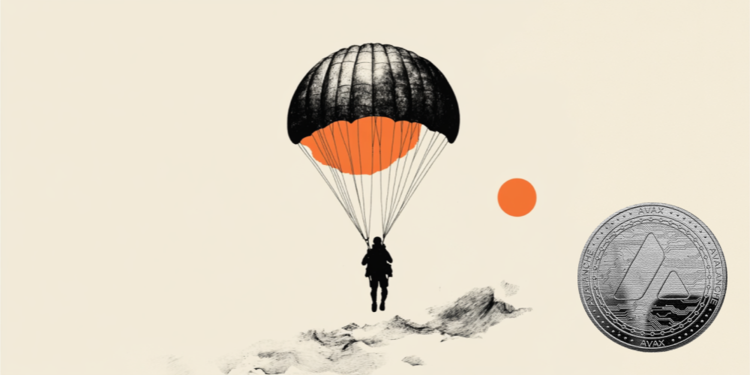On Monday (15), children in Ivory Coast received the first doses of a new malaria vaccine, a cheaper option. The move was hailed as a major milestone in the battle against one of the world’s deadliest diseases.
The R21 vaccine, developed by the Jenner Institute at the University of Oxford and the Serum Institute of India (SII), is being sent to several African countries and could also be applied in South Sudan this Tuesday (16), the University of Oxford said in a statement sent to CNN .
The vaccine costs less than $4 per dose, making it “realistic to roll out in many tens of millions of doses from now,” and has high levels of efficacy of around 75% to 80% in young children, Professor Adrian Hill, director of the Jenner Institute at the University of Oxford who led the development of the vaccine, said in an interview with BBC Radio on Monday.
According to the World Health Organization (WHO), up to 500,000 child deaths could be prevented annually with widespread implementation of R21, together with its equivalent RTS,S vaccine.
Spread by certain types of mosquitoes, malaria is preventable and curable, but it still killed an estimated 608,000 people worldwide in 2022, according to the WHO. About 95% of those deaths occurred in Africa, where children under five account for about 80% of all malaria deaths on the continent.
SIII has already manufactured more than 25 million doses and has committed to producing up to 100 million doses per year, a scale that allows the vaccine to remain affordable, according to the Oxford University statement.
The university said there are enough doses to initially vaccinate 250,000 children under the age of two in Ivory Coast. Ghana, Nigeria, Burkina Faso and the Central African Republic have also authorized the vaccine.
R21 will be used alongside the RTS,S vaccine, which has already been given to more than two million children during a four-year pilot programme in Ghana, Kenya and Malawi, reducing all-cause mortality by 13%, according to UNICEF.
Both vaccines have already been approved by the WHO and are expected to have an extremely positive impact on public health, along with other prevention strategies such as mosquito nets.
Hill added that there is still “a lot of work for people in the country to prepare for, especially as we look to distribute millions of doses starting this year.”
“This is a three-dose vaccine, typically given at five, six, seven months of age and then a booster a year later. This is not a time when other vaccines are typically given, so training is needed in these relatively low-income countries.”
Source: CNN Brasil
Bruce Belcher is a seasoned author with over 5 years of experience in world news. He writes for online news websites and provides in-depth analysis on the world stock market. Bruce is known for his insightful perspectives and commitment to keeping the public informed.







